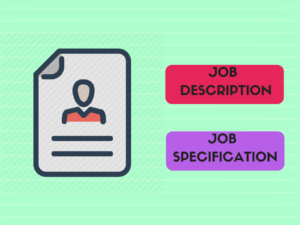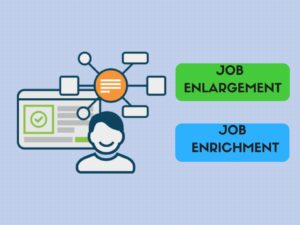Difference Between Business Profession and Employment
In the world of work, there are various terms that are often used interchangeably, and it can be confusing to understand the differences between them. Two such terms are business profession and employment. While they may seem similar, there are key distinctions that set them apart. In this article, we will explore the definitions, examples, uses, and differences between business profession and employment.
What is Business Profession?
Business profession refers to a field of work that involves professional expertise in managing, organizing, and operating a business enterprise. It requires specialized knowledge, skills, and training in various aspects of business management, such as finance, marketing, operations, and strategy. Individuals in business professions often hold managerial or executive positions and are responsible for making strategic decisions to ensure the success and growth of the organization.
Examples of Business Professions:
1. Chief Executive Officer (CEO)
2. Financial Analyst
3. Marketing Manager
4. Human Resources Director
5. Operations Manager
Uses of Business Profession:
– Business professions play a crucial role in ensuring effective and efficient operation of organizations.
– They contribute to the growth and profitability of businesses.
– Business professionals provide expertise and guidance in decision-making processes.
– They help in developing and implementing business strategies.
– They are responsible for managing financial resources, marketing activities, and human capital.
– They create and maintain productive relationships with various stakeholders, such as clients, investors, and employees.
What is Employment?
Employment refers to the state of being hired or engaged in work by an organization or individual. It involves a contractual agreement between an employer and an employee, where the employee provides services in exchange for remuneration. Employment can be full-time, part-time, temporary, or permanent. It encompasses a wide range of occupations and industries, from manual labor to professional roles.
Examples of Employment:
1. Teacher at a school
2. Software Developer at a tech company
3. Nurse at a hospital
4. Sales Associate at a retail store
5. Chef at a restaurant
Uses of Employment:
– Employment offers individuals a means to earn a living and support themselves and their families.
– It provides opportunities for personal and professional growth and development.
– Employment contributes to the overall economic growth of a country by creating jobs and generating income.
– It allows individuals to utilize their skills, knowledge, and expertise in a particular field.
– Employment fosters social integration and interaction among individuals from diverse backgrounds and cultures.
Differences Between Business Profession and Employment:
| Difference Area | Business Profession | Employment |
|---|---|---|
| Definition | Refers to professional expertise in managing a business. | Refers to being engaged in work by an organization or individual. |
| Job Roles | Includes managerial and executive positions. | Encompasses a wide range of occupations and industries. |
| Required Skills | Specialized business knowledge and expertise. | Varies depending on the occupation and industry. |
| Responsibilities | Strategic decision-making and business management. | Varies depending on the job role and industry. |
| Remuneration | May include salaries, bonuses, stock options, etc. | Includes wages, salaries, or hourly pay. |
| Contractual Agreement | Often involves a higher level of contractual agreement. | Typically involves employment contracts. |
| Scope | Focused on business operations and management. | Varies depending on the specific job role and industry. |
| Accountability | Accountable for the overall success and growth of the organization. | Accountable for fulfilling specific job responsibilities. |
| Qualifications | May require specialized education and training in business. | Varies depending on the occupation and industry. |
| Career Progression | Offers potential for career growth and advancement. | Varies depending on the job role and industry. |
Conclusion:
In summary, business profession and employment are distinct terms in the world of work. Business profession refers to specialized expertise in managing a business, often involving managerial or executive positions, while employment encompasses a wide range of occupations and industries. The differences lie in the job roles, required skills, responsibilities, remuneration, contractual agreements, and scope. Both play important roles in the functioning and success of organizations, but they differ in terms of focus and accountability.
People Also Ask:
1. What are the main differences between business profession and employment?
The main differences include job roles, required skills, responsibilities, remuneration, contractual agreements, scope, and accountability.
2. Are business professions more lucrative than employment?
Business professions often offer higher remuneration in the form of salaries, bonuses, and stock options, but it depends on the specific job role and industry.
3. Can employment lead to a business profession?
Yes, employment can provide individuals with the experience, skills, and knowledge required to advance in their careers and potentially transition into business professions.
4. Are business professions limited to specific industries?
No, business professions can be found in various industries, including finance, healthcare, technology, retail, and more.
5. Do both business professions and employment contribute to the economy?
Yes, both play important roles in economic growth by creating jobs, generating income, and fostering productive industries.



